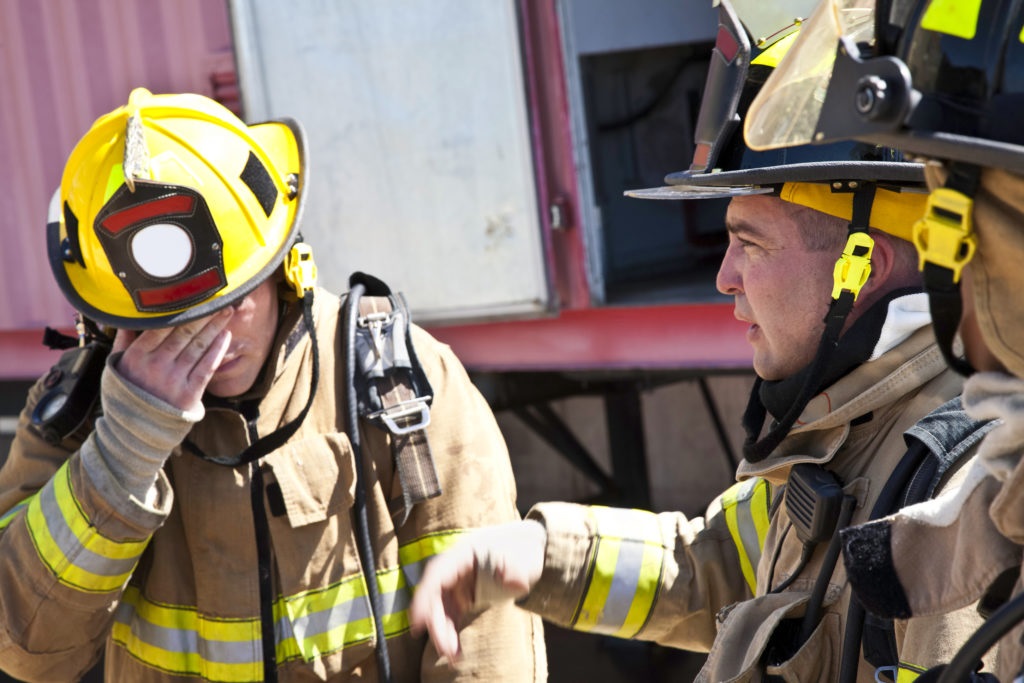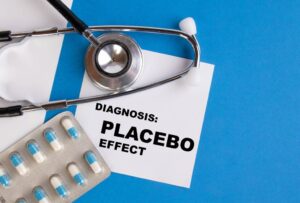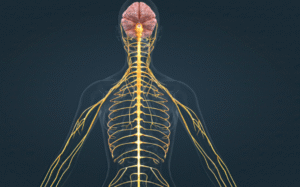First Responders Lifelong Fight With PTSD

Officers in the criminal justice system have a lot of work to do. From the healthcare professionals we turn to in an emergency to the legal system’s upholders, these folks put in unremitting effort in hard and all-too-often thankless professions. Are steps taken to protect us and them sufficient?
A recent study found that firefighter suicides outnumber deaths in the line of duty. Additionally, hundreds of police officers commit suicide every year all around the nation. Concerning trends include the recent increase in suicide attempts and ideas. They frequently result from psychological trauma and stress brought on by their work.
In these high-stress, high-risk positions, first responders frequently find themselves in hazardous situations that could be life-threatening. Their mental health could be harmed by their physical wounds, dangerous surroundings, painful experiences, and a variety of other factors. Work-related issues such as long work hours, physical stress, and insufficient sleep have all been connected to subpar performance.
Compared to a regular citizen, first responders are much more susceptible to depression, PTSD, and other mental health issues. The effects of stress, which persist even when people are not working, are not the same for everyone. Drug addiction, wrath, anxiety, difficulty sleeping, and stomach issues are just a few of the PTSD symptoms that police officers and others in the public safety field may experience.
Even with tools and treatment available, mental health still bears a bad reputation. Although this stigma still exists in every country, it is more obvious in certain. Due to these institutional and cultural limitations, treatment is usually delayed, leaving public safety officials to handle the problem alone.
It’s great to see that organizations are working to increase awareness of how first responders who are serving or have already served are affected by mental illness. More preventative and educative initiatives have led to an increase in support, counseling, and open communication.
Even while peer support is helpful, professional assistance is still necessary. There are various locations where you can get this kind of help. Many free solutions are available to public safety personnel, however virtual support services are exclusive. You can also contact groups established by persons who are aware of the time and effort needed to protect public safety if you need help.
We can aid our heroes in the fields of healthcare and public safety considerably more. We must all work together to increase public understanding of mental health issues and reduce the stigma attached to receiving treatment for them. The referenced site has more details on the effects of PTSD on public safety workers.






